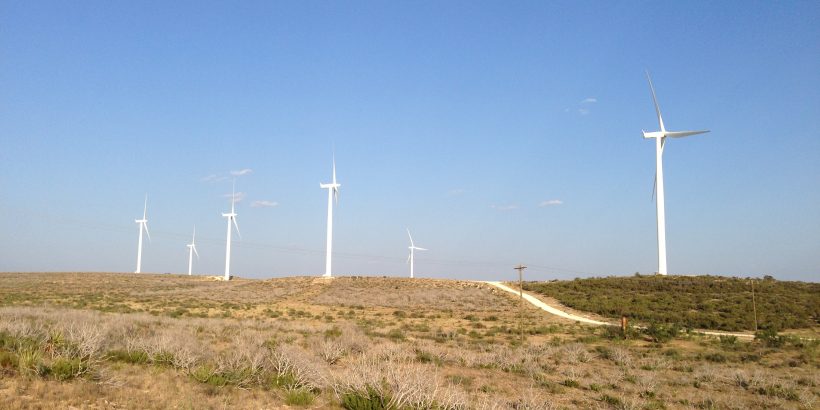Green Mountain Energy® Blog
Help the Environment by Eliminating Food Waste



Curious what happens after you toss produce peels and leftovers into the trash? Since we know you have a planet-first attitude, we’re passing along some reminders about food waste. There are smarter and more efficient ways for consuming food that let us be more mindful about the environment.
Know the facts
Wasted food means wasted energy, water, transportation, packaging, harvesting and processing. Did you know that 21% of fresh water is used to produce food that is then discarded?
When food is discarded, it usually ends up in a landfill and accounts for 21% of landfill volume. Rotting food produces large amounts of methane—a greenhouse gas that’s more problematic than carbon dioxide. That’s because when it leaks into the air, it absorbs the sun’s heat, warming the atmosphere, and negatively impacts climate. Eliminating food waste is a good pick-me-up for the planet because it can reduce the amount of those harmful gases.
Make a difference
Since businesses and households are the largest contributors to food waste, it’s important that everyone understands the impact and begins making changes. Together, we have the potential to reduce greenhouse gas emissions by 2.3 million tons a year just through education and awareness.
Get started
- Use grocery lists and stick to them.
- Plan meals that have the same base ingredients.
- Eat leftovers for lunch at the office.
- Be knowledgeable about how refrigeration can extend the life of produce.
- Understand food dates and labels such as “sell by,” “best by,” “use by” and “best before.”
- Preserve by canning, pickling or drying.
- Arrange your refrigerator contents using an “eat by” method.
- Get creative when it comes to leftovers; try new recipes.
- Share meals since restaurant portions are so large.
- Utilize your freezer to extend the life of food.
- Drink smoothies. It’s a good way to use an entire fruit or veggie.
- Make your own stock using leftover meat bones, chicken carcasses and vegetable scraps.
- Start composting.
- Fertilize with coffee grounds.
- Take stock of where you waste (Do you overbuy? Do you toss out lots of pasta and rice?) and make a change.
- Get friendly with a food bank.
- Speak up and share what you’ve learned. Be an influencer for eliminating food waste.
Now that you’ve learned 17 ways for minimizing the amount of methane gas your household produces, it’s time to do the same for CO2.
Power your home with 100% clean electricity from Green Mountain Energy. In one year, you could prevent more than 13,600 pounds of CO2. That’s like not driving 15,200 miles!* Get started today.
*Impact statistics based on a Texas home using 2,000 kWh per month and an annual car mileage of 15,000.
Find a renewable energy plan that helps your home go green.
Enter your ZIP code to get started.
Our customers have avoided
pounds of CO2
That’s like planting
new trees.





